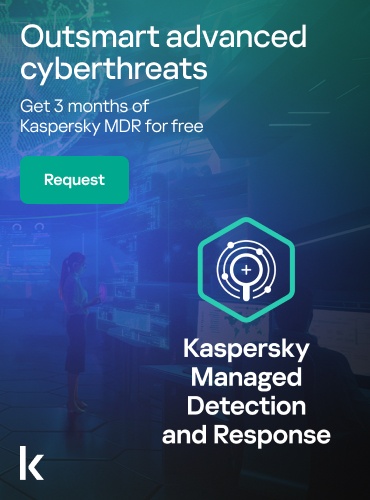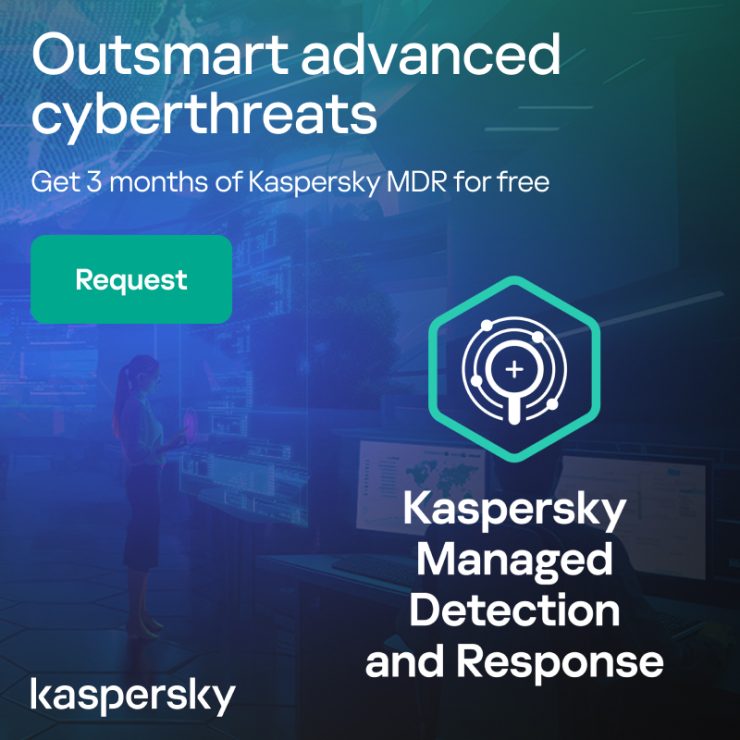Publications
Reports
Sleep with one eye open: how Librarian Ghouls steal data by night
According to Kaspersky, Librarian Ghouls APT continues its series of attacks on Russian entities. A detailed analysis of a malicious campaign utilizing RAR archives and BAT scripts.
Operation SyncHole: Lazarus APT goes back to the well
Kaspersky GReAT experts uncovered a new campaign by Lazarus APT that exploits vulnerabilities in South Korean software products and uses a watering hole approach.
IronHusky updates the forgotten MysterySnail RAT to target Russia and Mongolia
MysterySnail RAT attributed to IronHusky APT group hasn’t been reported since 2021. Recently, Kaspersky GReAT detected new versions of this implant in government organizations in Mongolia and Russia.
GOFFEE continues to attack organizations in Russia
Kaspersky researchers analyze GOFFEE’s campaign in H2 2024: the updated infection scheme, new PowerModul implant, switch to a binary Mythic agent.











